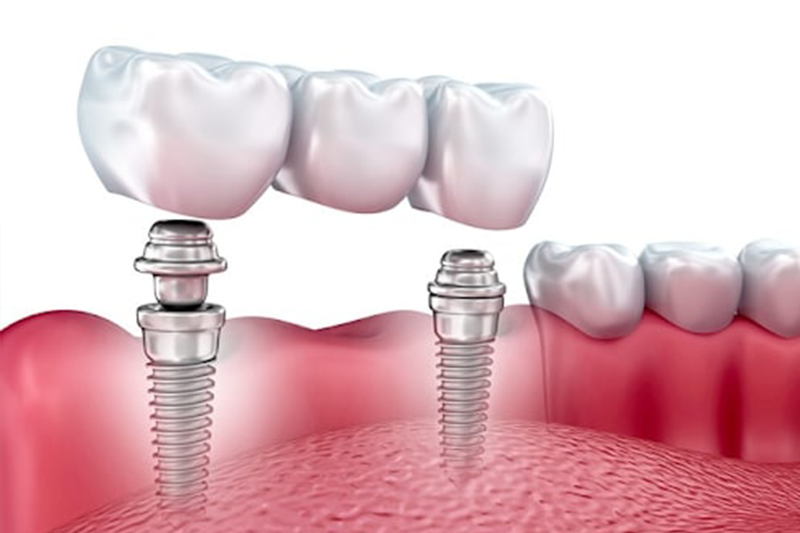
Dental Implants and Diabetes: A Comprehensive Guide in Stratford, CT
When it comes to dental implants, various systemic conditions can influence the success and healing process. One such condition is diabetes. With millions of people worldwide diagnosed with diabetes, it’s essential to understand the relationship between dental implants and this prevalent health condition.
What are Dental Implants?
Dental implants are essentially artificial tooth roots, typically made from titanium, that provide a permanent foundation for fixed (permanent) or removable replacement teeth. These implants are surgically anchored into the jawbone and, over time, fuse with the bone, offering stability and natural functionality.
Diabetes At A Glance
Diabetes is a chronic medical condition characterized by the body’s inability to regulate blood sugar (glucose) levels. High blood sugar can result from the body’s resistance to insulin or its failure to produce enough insulin. The two main types are Type 1 (an autoimmune condition) and Type 2 (often related to lifestyle factors).
The Interplay Between Dental Implants and Diabetes
- Healing Concerns: Diabetes, especially when not well-controlled, can impair the body’s natural healing process. This slower healing can pose challenges post-implant surgery, leading to a prolonged recovery period or even complications.
- Risk of Infection: Diabetics often have a higher susceptibility to infections. This increased risk can make post-surgical infections around the implant site more common if meticulous post-operative care isn’t followed.
- Bone Health: One of the less discussed complications of diabetes is its impact on bone health. A weakened bone structure, particularly in the jawbone, might not offer a robust foundation for the implant.
- Implant Success Rate: While dental implants generally boast a high success rate, this might be slightly compromised in diabetic patients, especially if the diabetes is uncontrolled.
Recommendations for Diabetic Patients
- Control is Key: Before considering dental implants, it’s crucial for diabetic patients to have their blood sugar levels under control. Work closely with your endocrinologist or primary care provider to ensure optimal management.
- Diligent Oral Hygiene: Post-surgery, adhering to the prescribed oral care routine will be vital. This may include regular brushing, flossing, and possibly using a prescribed mouthwash to minimize infection risk.
- Regular Dental Check-ups: More frequent dental appointments might be recommended to monitor the healing process and ensure the implant is integrating well.
- Immediate Reporting: If any issues like prolonged swelling, pain, or signs of infection appear post-surgery, it’s essential to report them to your dentist immediately.
Closing Thoughts
While diabetes presents unique challenges in the realm of dental implants, it doesn’t necessarily exclude one from being a candidate. It emphasizes the importance of collaborative care between the dental surgeon and the physician managing the diabetes. With controlled blood sugar, thorough pre-operative assessment, and meticulous post-operative care, many diabetic patients can enjoy the benefits of dental implants.
If you’re a diabetic patient considering dental implants, always consult with your healthcare providers to make informed decisions tailored to your health. Remember, every individual is unique, and what works for one might not be suitable for another. Proper guidance is the key to a successful dental implant journey for diabetic patients.
Disclaimer
The information provided in the blog post is for informational purposes only and should not be considered a substitute for professional medical advice.


